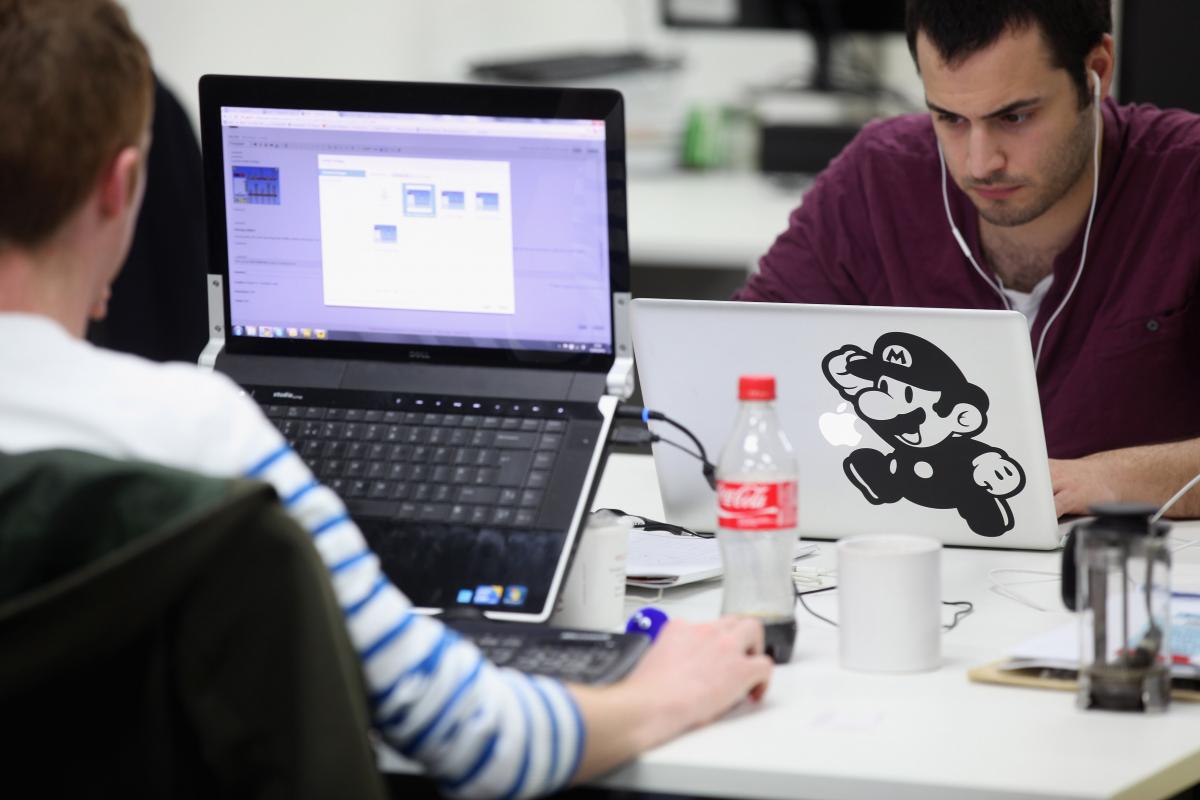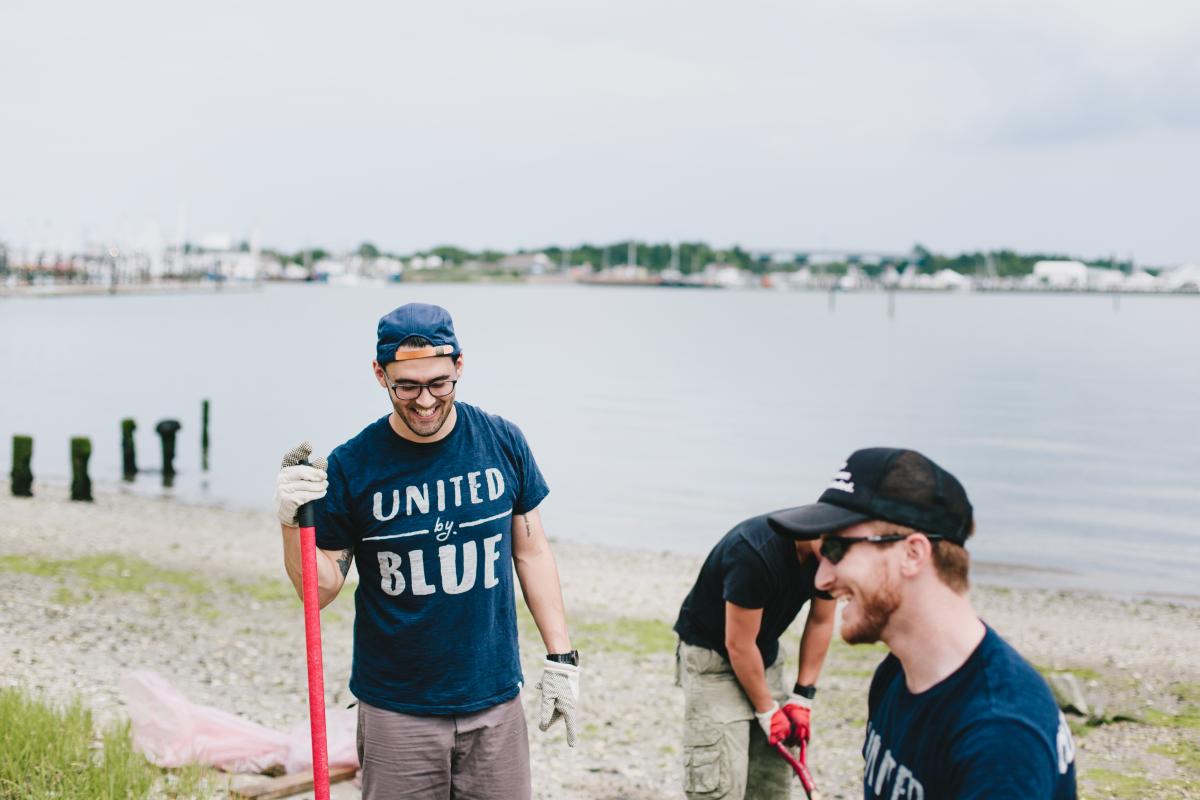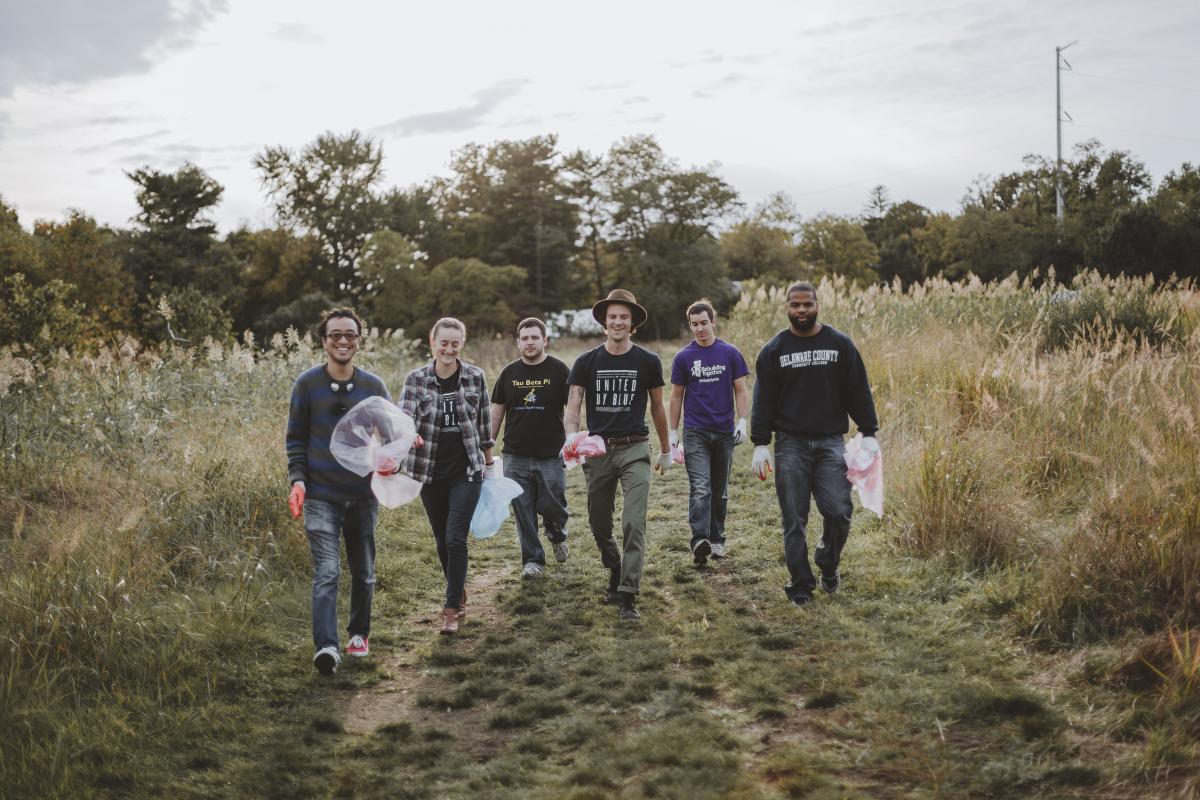Millennial workers are shifting the way companies view and use employee engagement
The year 2015 is set to be a milestone in the labour market. For the first time, the Millennial generation, people born between 1980 and 2000, will outnumber their older colleagues in the US workforce. This demographic shift is changing multiple aspects of the world of work as companies grapple with how to recruit, engage and retain these young professionals.
Millennials differ from their older colleagues in their outlook on the working world. According to a Deloitte Millennial Survey published in 2014, Generation Y – as this demographic is also known – has big demands and expectations from business and the future workplace.
Across the globe, most Millennials prefer to use digital technologies to be more untethered than ever and want to work for organisations that foster innovation, develop their skills, and make a positive contribution to society. Millennials will shake up the job force, Deloitte says, as they grow to be nearly 75% of the global pool of workers by around 2025.
“The Millennial angle is key,” says Grant Garrison, director of strategy at GOODcorps, a social impact consultancy based in Los Angeles and New York. “Millennials are spearheading, because they feel it more strongly, a broad shift amongst people seeking meaning in their jobs and working toward creating a better world.”

Millennials have been exhaustively studied and surveyed. While they still see business as the main solution to a better future, Millennials aren’t willing to wait around for their employers to make positive and sustainable changes, according to research by public relations company MSLGroup.
Currently, about 66% of the Millennial generation is “disengaged” at work, says consultancy Virtuali, and more than 90% are considering job changes in the next few years. This trend and the fact that cause-based B-corps nowadays can easily siphon top talent is prompting a growing number of employers to sharpen their focus on both engagement and sustainability.
“It used to be that people who wanted impact-oriented jobs went to non-profits,” says Susan Hunt Stevens, chief executive of WeSpire, a Boston-based technology firm that runs employee-engagement programmes for global companies.
“With the rise of B-corps and more focus in for-profit businesses on the triple bottom line, people can now find purpose and impact in for-profit jobs.”

That puts pressure on traditional companies to embrace sustainability, responsibility and other positive impact goals that inspire their employees. “In the last five years, we have seen a growing understanding of the important link between companies retaining talent and pursuing the triple-bottom line,” Stevens says.
However, a WeSpire survey of US and global companies shows that only 30% have adopted an “official” employee engagement policy around sustainability. Part of the reason is that engaging a majority of employees across a large company is challenging. Initial sustainability strategies tended to focus on external stakeholders or decisions that could be made by the sustainability team on its own or with a single department, such as implementing more energy efficient lighting or reducing product packaging.
“It’s just not easy to put together an effective, long-lasting employee engagement programme,” Stevens says. “If your goal is to just tap into employees already interested in sustainability, like establishing green teams, that’s easier. But that’s not transformational to the culture.”
What companies need to think about, according to Stevens, is how to reach the employees who are not intrinsically motivated to participate in such initiatives. On the bright side, about 80% of US workers say that they would like to have healthier and more sustainable lives.
Yet, Stevens says, there’s a massive gap between intent and action. Companies have to find a way to meet employees where they are, and that’s “not easy or intuitive”.
Delving deeper
Peter Dudley, manager of team member philanthropy at Wells Fargo, says he is well aware of the effect that Millennials have on the bank’s 267,000-strong workforce. Wells Fargo has traditionally allowed its employees to find volunteer opportunities that are meaningful to them. The bank then helps support these initiatives financially through grants, paid leave and other efforts.
“We want employees to find out what they are most passionate about in terms of volunteering,” Dudley says.
Yet, Wells Fargo has realised that its Millennial employees may be seeking deeper engagement. Dudley has consulted with Derrick Feldmann, president of Indiana-based research and creative agency Achieve, which focuses on engagement. Dudley likens a company the size of Wells Fargo to a big ship that “requires many tugboats to make a turn” and says the company is cautious while trying to be innovative.
Many of Wells Fargo’s biggest volunteer achievements in the past were related to sustainability – the company became the top corporate provider of volunteers to the housing non-profit group Habitat for Humanity, for example. While Wells Fargo will continue to reinforce its corporate value of community involvement, it knows it must evolve the programme to make it meaningful for Millennials, Dudley says.
Updated employee engagement initiatives at the bank will have more peer-to-peer involvement so that staff can share their causes and stories. It will also include more technology components so that employees can, for example, “virtually volunteer” and share skills such as financial literacy. It may even feature elements of gaming to keep employees interested.
“We’ve got to be both cautious and thoughtful as we innovate in this area,” Dudley says. “If employees feel pressured to participate, that can also be negative. We want to go up to that edge with our efforts but not reach it.”
Blue sea thinking
At the other end of the spectrum, outdoor lifestyle fashion company United By Blue (UBB) has a laser-sharp focus on one goal in sustainability that is also integral for its Millennial workforce. The Philadelphia-based company began selling organic clothing and accessories with the aim to remove one pound of trash from oceans and waterways for every product the company sells.
“We are a company started by a Millennial and staffed by Millennials,” says UBB chief executive Brian Linton. “All of the employees embody some essence of passion for the cause of cleaner oceans and waterways.”

Linton says that UBB pursues this single external sustainability goal in order to have the greatest impact. While that simplicity is a good way to attract employees who want to be part of a cause-based business, it does not mean the company can stop motivating its workers, Linton adds.
“It’s an unglamorous activity – picking trash out of the water,” he says. “And you know, working isn’t always glamorous, either – 99% of our jobs are us sitting behind desks getting the work of running an outdoor apparel company done.”
UBB regularly talks about its cleanup efforts in weekly meetings. Linton himself has been to about 90 of the 116 cleanups his company has organised since its inception. According to him, it is these kinds of group activities that continually re-energise and re-engage employees.
“The cleanups are as much a social event for all of us as they are seeing our business in action,” Linton says. “It’s that power of coming together – collaborating with peers and partners – and seeing firsthand the impact we can have that keeps us all going.” Through its cleanups UBB has removed more than 203,000 pounds of trash from oceans and waterways.
Engagement as a recruitment tool

South African software engineering firm Entelect has turned its adopted sustainability cause into its best recruitment and retainment tool, according to the company’s chief executive, Shashi Hansjee.
Education initiatives are the most logical corporate social responsibility focus for Entelect, where skills requirements are highly technical and the majority of its 250 employees are aged between 22 and 35.
“Education is important to all of our staff,” Hansjee says. “Our Foundation, which we put 10% of our profits towards, is empowering individuals mainly from an educational perspective. The twist is most of the people we assist are nominated by our staff; thus, our employees feel they are making a direct impact.”
Entelect also hosts tutoring sessions in its offices every second weekend to help children with their school work. This is particularly important in South Africa, Hansjee says, where educational quality and opportunities are highly uneven.
“This initiative has singlehandedly let us attract and retain a number of excellent employees who have bought into our ethos,” Hansjee adds. “It’s at the core of our internal culture.”
Sustainability experts agree that embracing a core sustainability goal and culture is key to a company’s long-term success.
“These will be the beacon companies of the future,” says Stevens. Millennials, especially MBAs, already have sustainability education as part of their training, making them more likely to expect companies to operate on a more transparent and sustainably oriented basis.
GOODcorps’ Garrison, whose firm has helped companies such as Dick’s Sporting Goods and PepsiCo with their engagement efforts, believes that Millennials are ready to embrace and be part of businesses that make big and bold sustainability moves, even if they are controversial.
“I think a lot of businesses are resistant to bold moves, they are cautious,” he says. “But Millennials are hip to the trouble we’re in, and they’ve grown up with cause marketing. It can’t just be about efficient supply chains. Companies need to take positions on vital societal issues.”
According to Garrison, if the cause is powerful and a good fit for the company, young people will want to be part of it, “even if it encounters some failures along the way”.
Joanna Sullivan, author of the recent book Creating Employee Champions: How to Drive Business Success Through Sustainability Engagement Training, agrees that the effort is indispensable for the Millennial workforce.
“Large companies that do not fully embrace sustainability to the core will find it hard to recruit talent,” Sullivan says. “Today people expect to have their say, live their values, and make the future better. Socially responsible employees are enlightened and fully motivated.”
Getting in on the game
Sullivan argues that companies must train everyone to their goals. She advocates “sustainability engagement training” – a method of open engagement with employees in which goals are determined and carried out by the group. Asia Pulp & Paper, the Indonesian paper and pulp giant, undertook this type of training by gathering groups of 10-15 employees to discuss and integrate the company’s zero deforestation commitments.
Some companies are also adopting gaming tools to make the engagement/sustainability connection. WeSpire helped Las Vegas-based gaming, hospitality and entertainment company MGM Resorts International to launch the My Green Advantage platform as a way to give employees credit for sustainability actions taken at home.
The enterprise platform enabled MGM Resorts’ employees to take positive action to impact water, waste and energy use – and ultimately the company’s bottom line. MGM found that more than 20% of its employees – or 13,700 – voluntarily signed up to log their actions.
Gamification for sustainability makes sense. Not only do employee actions get measured, but there’s also positive reinforcement for repeating and improving upon these activities.
WeSpire’s Stevens sees the dovetailing of employee engagement and sustainability as a great opportunity for companies. “I would argue that one reason we haven’t seen major leaps in corporate sustainability results thus far is that a majority of employees have been left out of the conversation,” she says.
“To achieve truly dramatic changes, you need every employee involved. If you can create programmes that are personal and relevant to people, and connect them to the company’s sustainability vision and goals, I do believe we are in for revolutionary changes that are good for business and society.”
Employee engagement millennials technology

